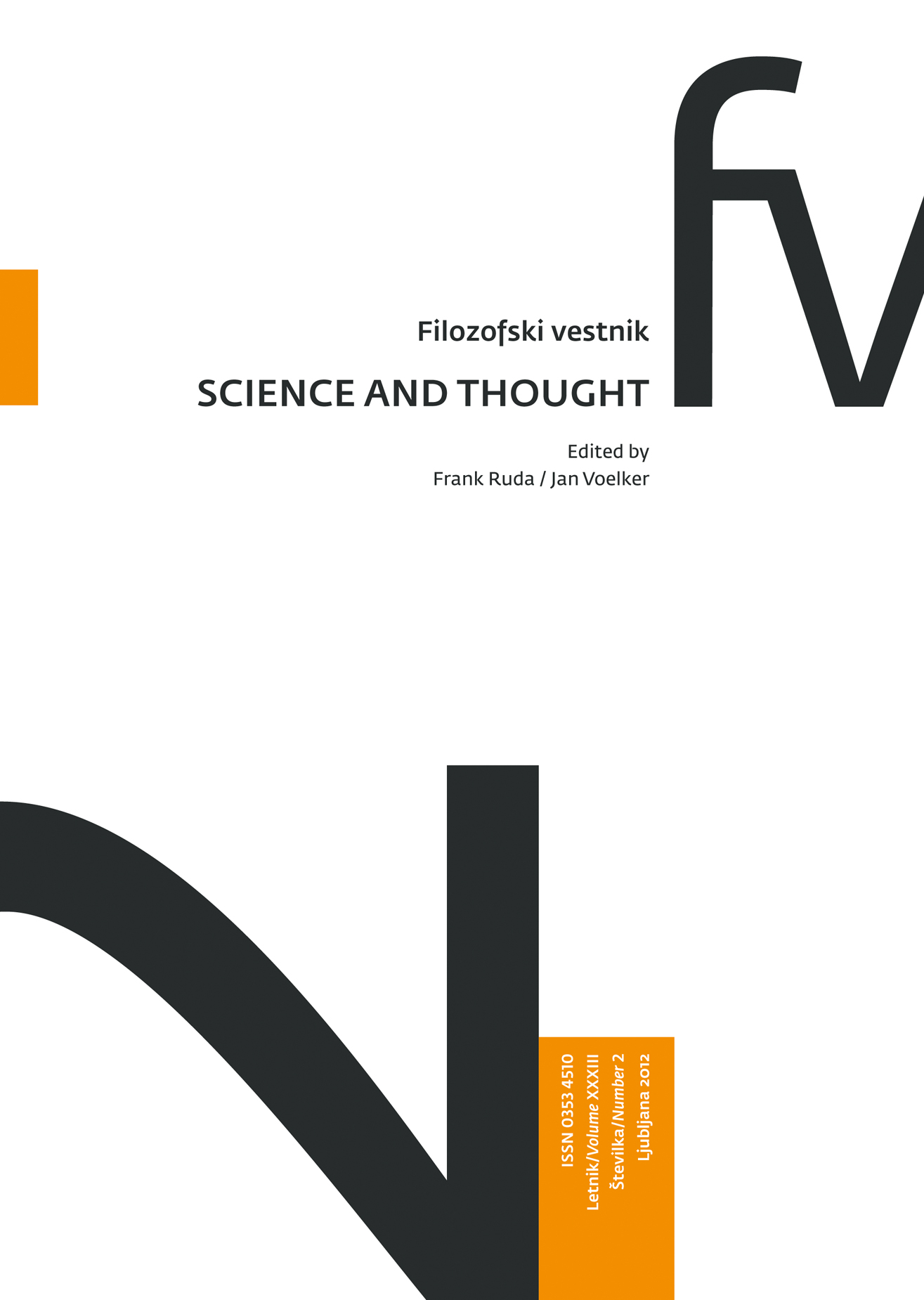Between Truth and Relativism: the Choice of Psychoanalysis
Povzetek
My aim in this paper is to draw attention to the position of psychoanalysis regarding the opposition between the quest for truth and relativism. It is a conventional opposition of contemporary thought. On one hand, the quest for truth, and on the other, relativism, as the fundament of our intellectual and political life. I do this by means of Lacanian teachings. My objective is to take on the theoretical tools of psychoanalysis and the consequences of clinical facts, in order to enable a critical reflection on this topic. Before proceeding to the precise argument, I briefly introduce the historical ground correlated to modern subjectivity, characterized by the vanishing of the guarantee of both truth and knowledge. Then I then go into the topic by means of a survey of Lacan’s reading of the path of modern logic. Lacan interprets the whole history of logic as a bungled action, “every bungled action is a successful discourse.” In fact, it points to the cardinal place of lack, which is the topic of psychoanalysis. It opens towards a deeper understanding of the role of the signifier of signification – the Bedeutung des Phallus. Lacan’s interpretation of the whole history of logic transforms the achievements of modern logical thought into the writings of a point de capiton for collective rationality. The key here is to focus on the capital role of what I call in conclusion “an inaccessible point” for both individual and collective life. This is the issue I address in the last point. The article is divided into five points: 1. the relativistic drift; 2. the guarantee of knowledge; 3. the guarantee of truth; 4. logic and point de capiton; and 5. the signification (Bedeutung) of the Phallus.Prenosi
Podatki o prenosih še niso na voljo.
Prenosi
Objavljeno
2013-09-27
Kako citirati
Brusa, L. (2013). Between Truth and Relativism: the Choice of Psychoanalysis. Filozofski Vestnik, 32(2). Pridobljeno od https://ojs.zrc-sazu.si/filozofski-vestnik/article/view/3245
Številka
Rubrike
Science and Thought
Licenca
Avtorji jamčijo, da je delo njihova avtorska stvaritev, da v njem niso kršene avtorske pravice tretjih oseb ali kake druge pravice. V primeru zahtevkov tretjih oseb se avtorji zavezujejo, da bodo varovali interese založnika ter da bodo povrnili morebitno škodo.
Podrobneje v rubriki: Prispevki





